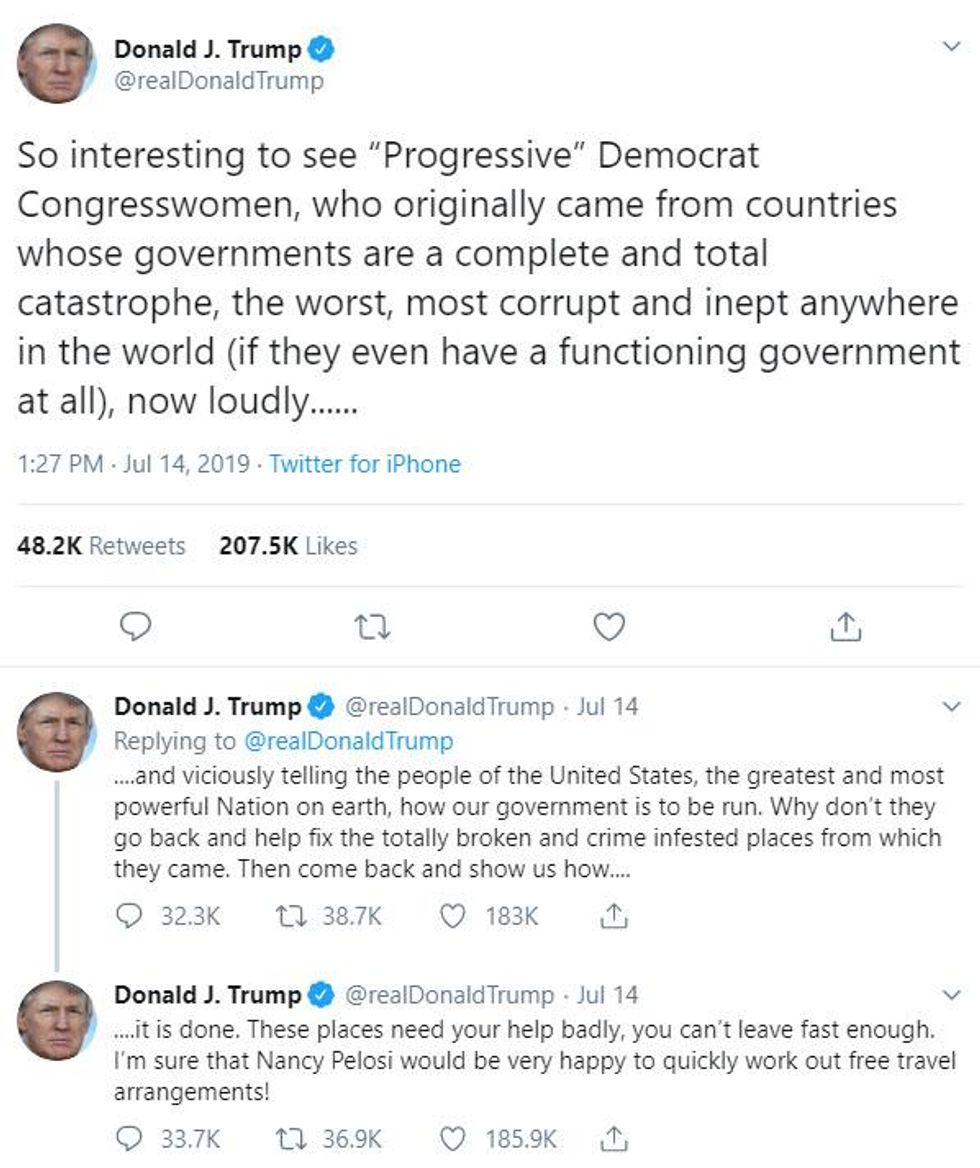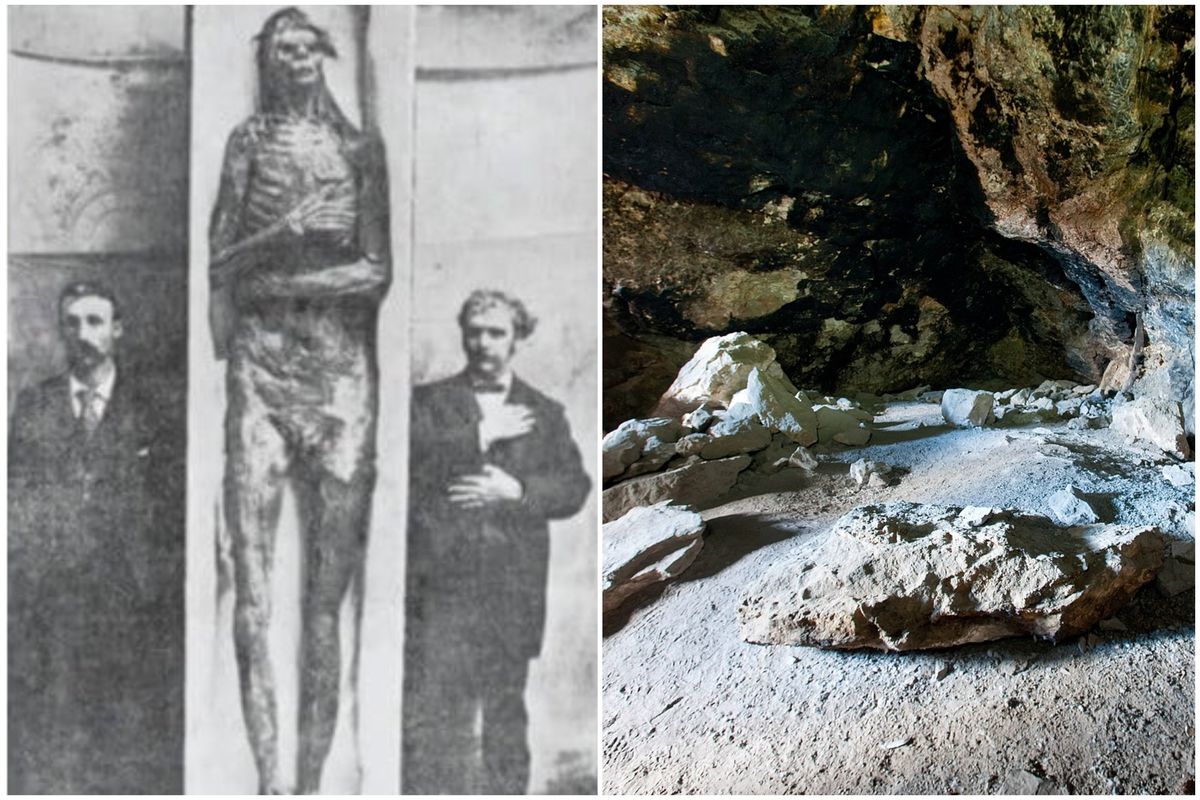News
Conrad Duncan
Jul 17, 2019
Donald Trump’s tweets attacking four Democratic congresswomen of colour is a textbook example of discriminatory harassment, according to US government guidelines.
Trump caused outrage on Sunday when he alluded to four congresswomen, who are all US citizens, and told them to “go back” to the “totally broken and crime infested places from which they came”.
While the president and his supporters have insisted he was not being racist, guidelines written by the US Equal Employment Opportunity Commission (EEOC) say otherwise.
In a section called “Harassment Based on National Origin”, the EEOC write:
Examples of potentially unlawful conduct include insults, taunting, or ethnic epithets, such as making fun of a person's foreign accent or comments like, ‘Go back to where you came from.’
Trump’s tweets would have also potentially seen him disciplined by his government’s Education Department.
And saying a similar statement could put an employer at a private workplace in trouble with employment discrimination legislation.
While Trump is unlikely to face any disciplinary action for his comments, it is damning that the US has rules in place which are designed to punish the language he used.
On Tuesday, the House of Representatives voted to condemn the attack on the four Democratic representatives (Ayanna Pressley, Alexandria Ocasio-Cortez, Ilhan Omar and Rashida Tlaib) in a vote that split almost exactly along party lines - with 240 votes to 187.
Only four Republicans and one independent congressman voted to condemn Trump’s tweets.
Three of the targeted women (Pressely, Ocasio-Cortez and Tlaib) were born in the US, while Omar moved to the US in 1992 and became a US citizen in 2000, when she was 17 years old.
Trump’s original tweets can be read below:

More: Clip resurfaces of Trump using racist language to describe Native Americans in 1993
Top 100
The Conversation (0)














